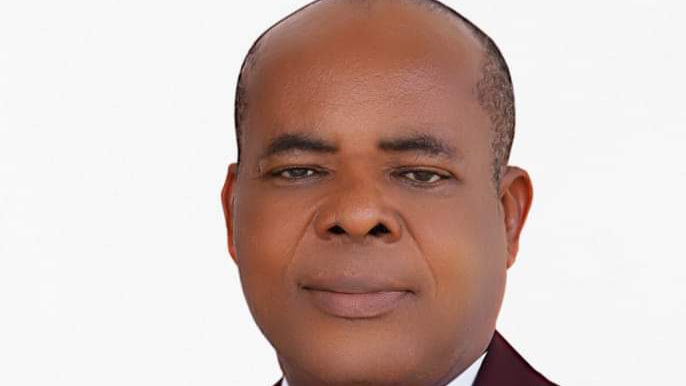James’ message to the early church was simple, but searching. It was faith that does not act is dead. His words were not a contradiction of Paul, but a call to completeness. Abraham’s belief was counted as righteousness, that righteousness was revealed when he obeyed. Faith begins in the heart, but it must find expression in the hands. It is not enough to believe; belief must build, give, forgive and persevere.
“Show me your faith without deeds, and I will show you my faith by my deeds,” (James 2:18). That statement pierces through centuries of religious pretense. Faith is not proved in the comfort of confession, but in the crucible of obedience. It finds its voice when belief meets responsibility. The offering of Isaac was not Abraham’s first act of faith, but the one that completed it. True faith grows by costly obedience.
The modern church faces this same tension. Many profess faith, but few persist in works that mirror their confession. Faith has become performance — spoken loudly, lived lightly. We have believers who quote the scripture fluently, but silently struggle to trust God. We have ministers who teach about miracles, yet neglect the discipline of obedience. When faith becomes theory, it loses power. When works become routine, they lose grace. The harmony of Abraham and James restore both depth and direction.
Abraham’s test on Mount Moriah remains a divine mirror for every generation. Faith alone could have left him paralysed by fear or reason. Works alone could have turned obedience into brutality. But faith working through obedience transformed the test into worship. The same principle governs spiritual leadership today: revelation must lead to responsibility. The man of faith must also be the man of action. God credits righteousness where belief and obedience walk hand-in-hand.
The call of James to the church is practical — let faith become visible again. Let it shape integrity in leadership, discipline in service, and courage in truth. Faith must govern how we give, speak, lead, and how we wait. It must be seen not just in our prayers, but also in our principles. The church must not only speak of revival; it must act righteously, administer faithfully and serve selflessly. The credibility of our message depends on the consistency of our works.
Abraham trusted God enough to obey; James challenges us to obey enough to prove that trust. They both form the circle of righteousness. Faith is the root, works are the fruit; and when both are alive, the believer becomes a living testimony. Such is the faith that changes families, sustains ministries and strengthens nations.
This is the season for a faith that works — not a faith of noise, but of obedience; not of display, but of depth. May our generation, like Abraham’s, believe; and like James’, act — until faith becomes flesh, and obedience becomes worship again.
• Sunday Ogidigbo, Senior Pastor, Holyhill Church, Abuja. Twitter/Instagram/Facebook: @SOgidigbo. Email: [email protected]
The faith of Abraham and the works of James -Part 2

Sunday Ogidigbo





